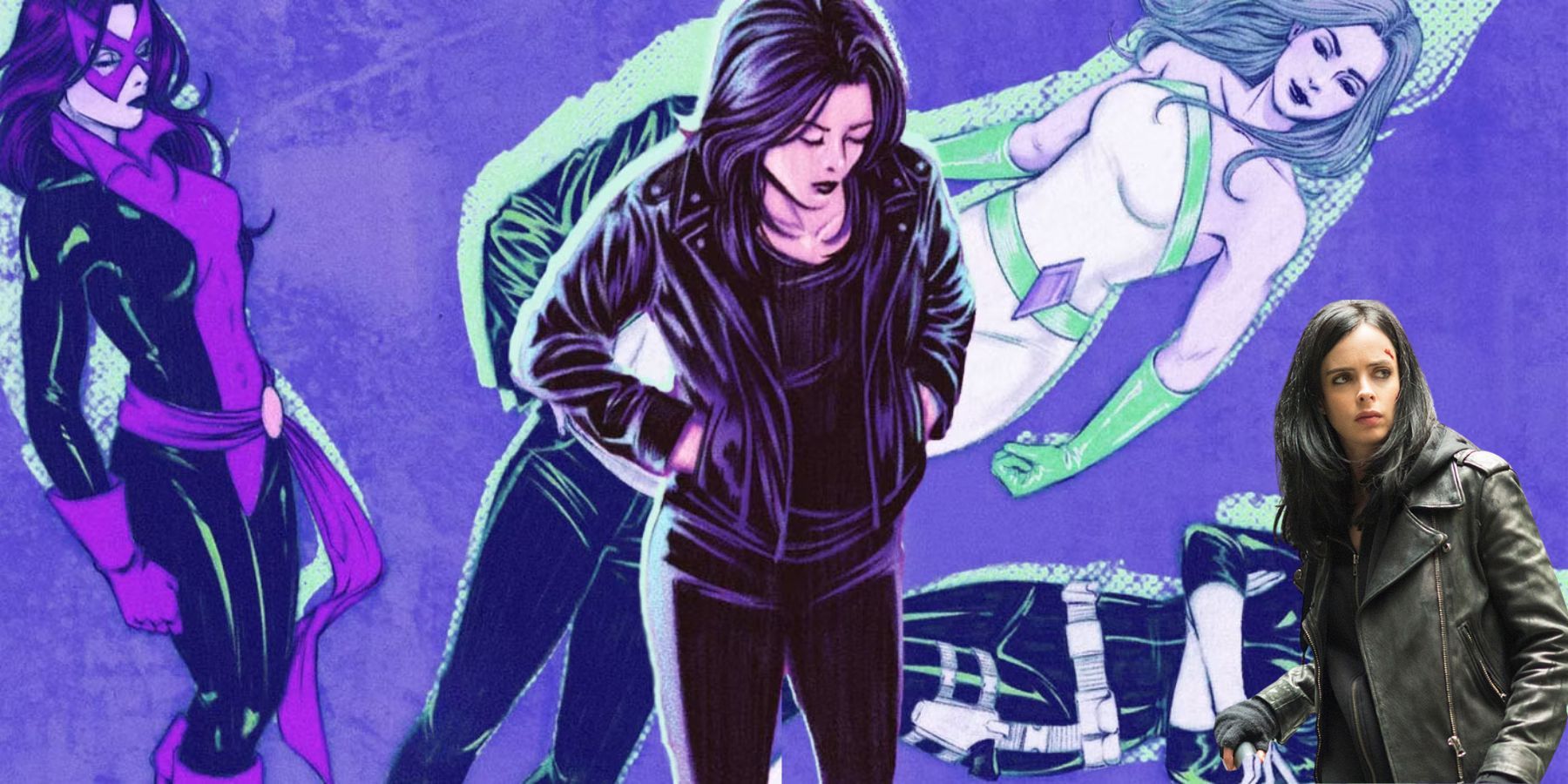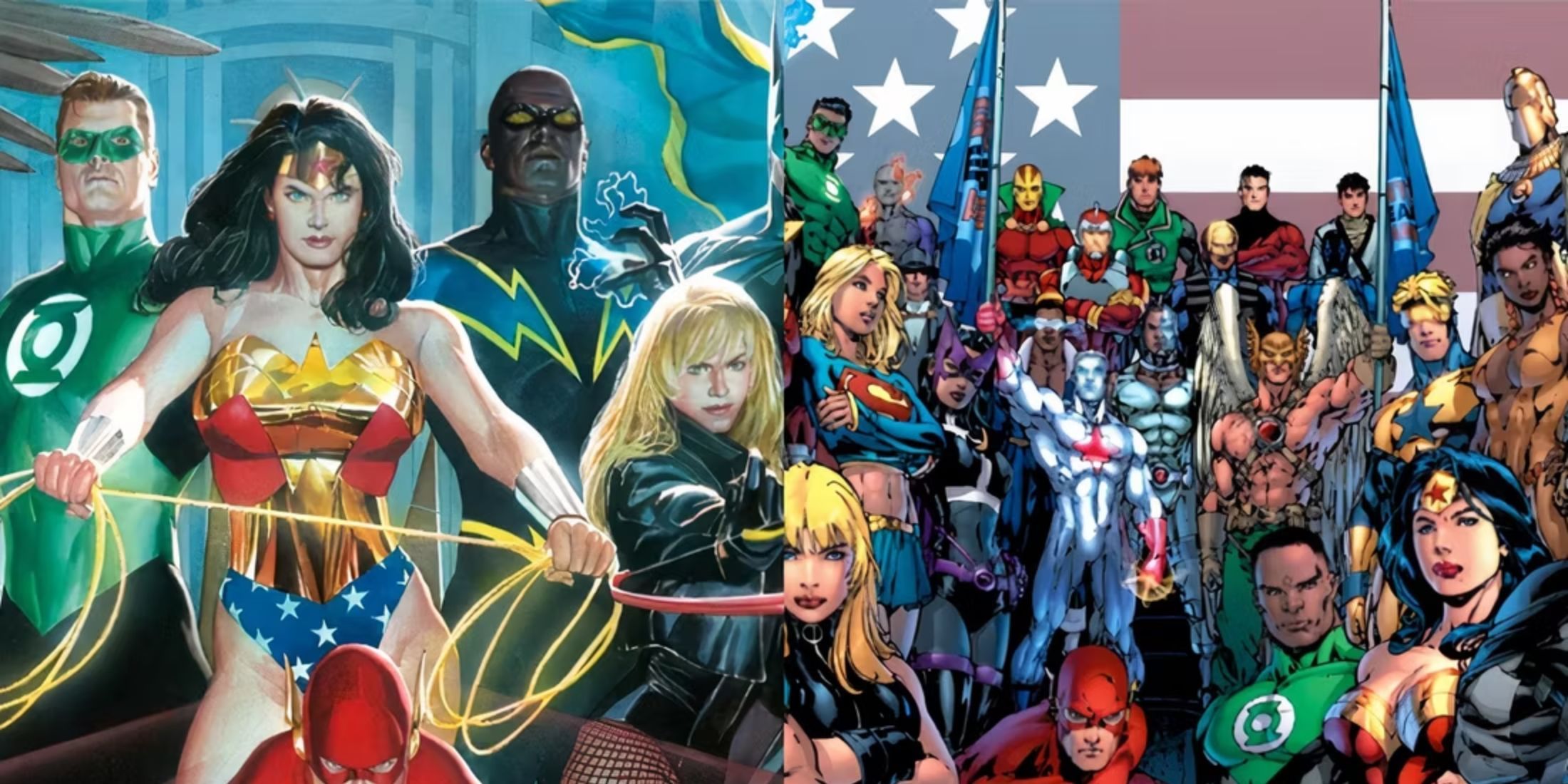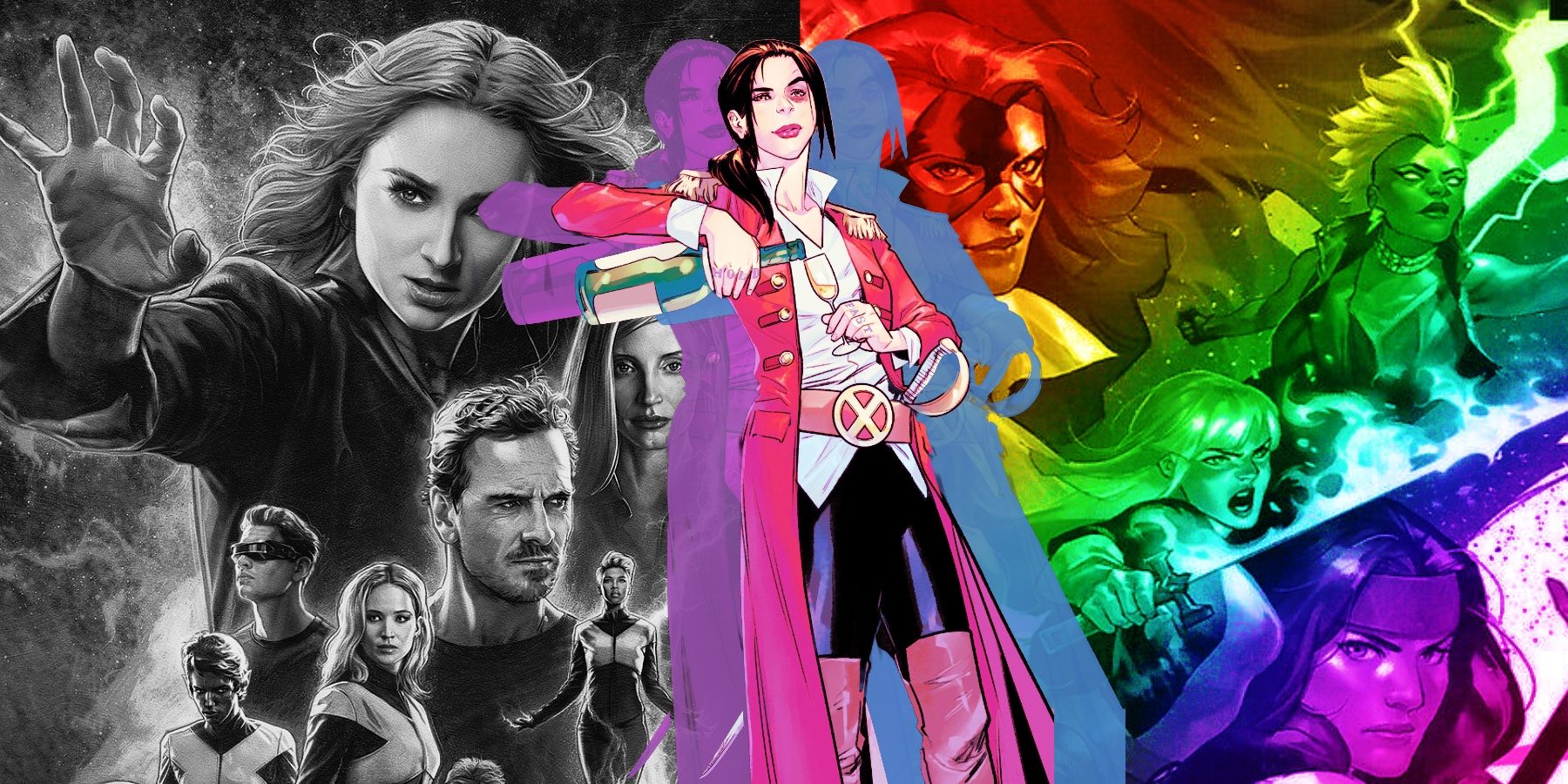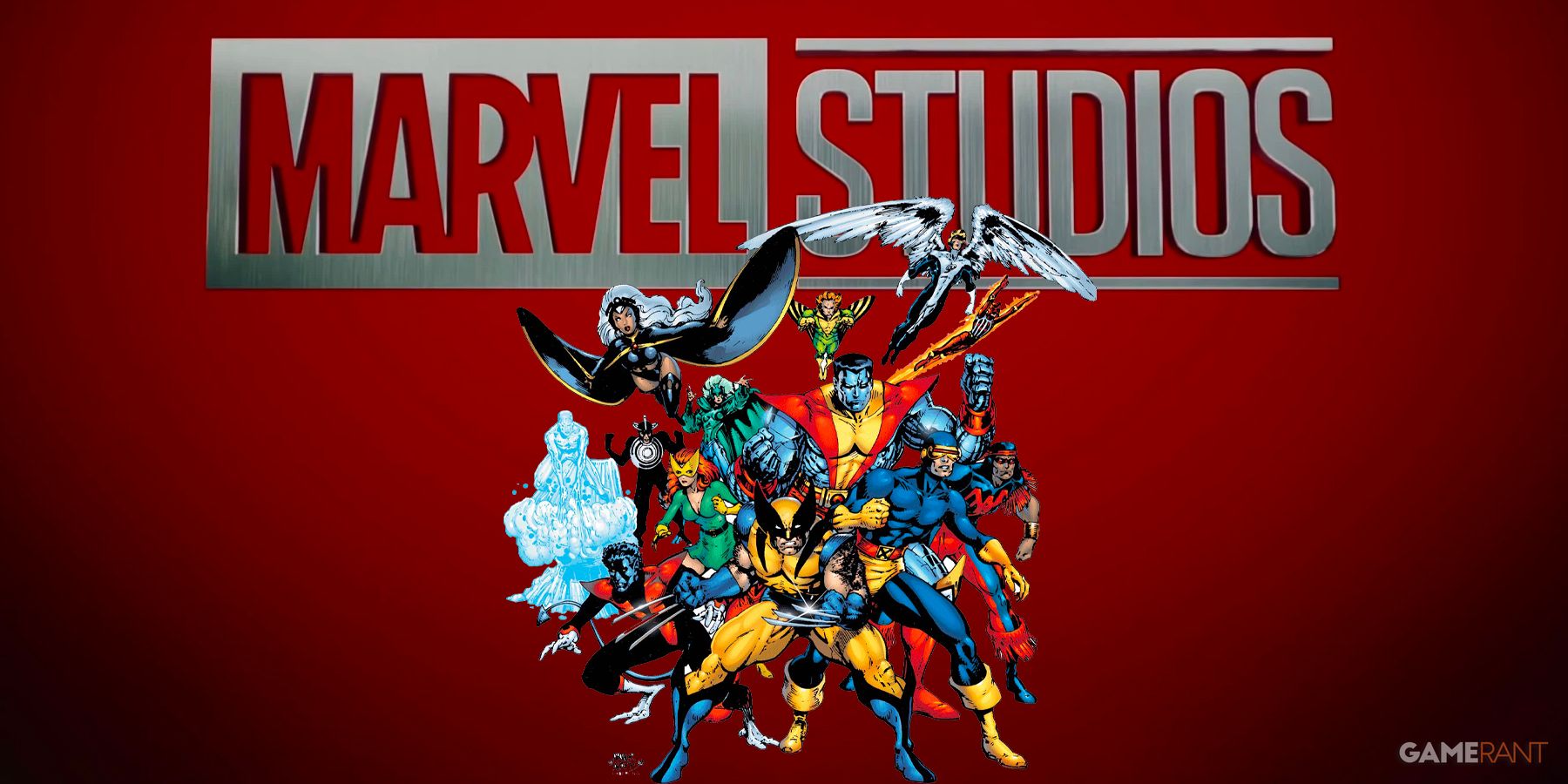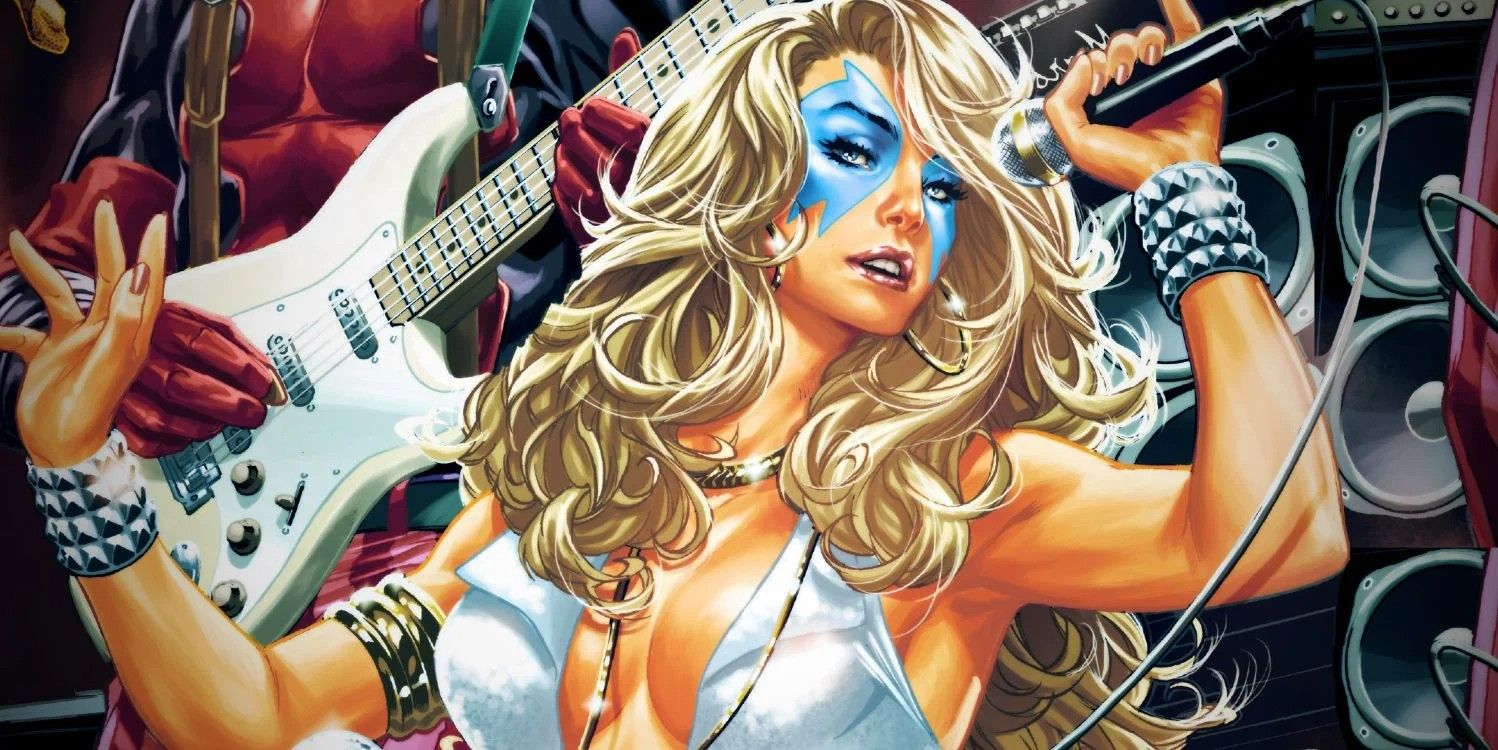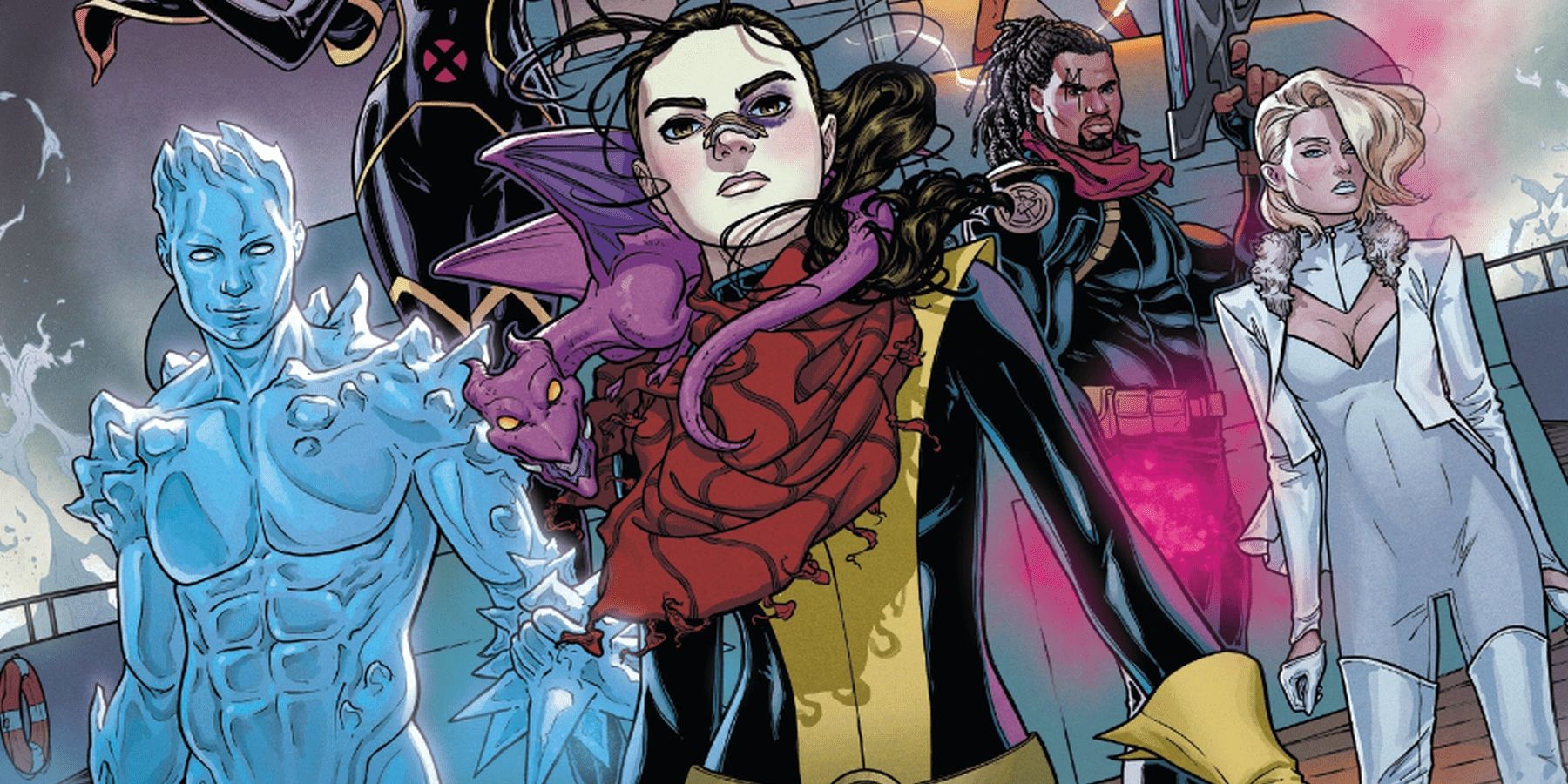Highlights
- Marvel has a history of underrepresenting the LGBTQ+ community in its cinematic stories, but the inclusion of the X-Men in the MCU can provide an opportunity to address this issue and offer meaningful queer representation.
- The potential MCU X-Men should focus on LGBTQ+ characters who are gifted young adults struggling to fit into a world that rejects them, allowing them to question their morals and abilities while saving the lives of their oppressors.
- Kitty Pryde, a bisexual mutant with the ability to phase through objects, should lead the next MCU X-Men, as her story of fighting bigotry and grappling with her own identity aligns with the hopes for meaningful LGBTQ+ representation.
The X-Men have a long history of fighting bigotry in the comics and some of their recent entries make the case for better LGBTQ+ representation. While Marvel Studios has stated they’re committed to representing the identities of their comic book characters, as well as creating stories that better reflect the identities of people in the world today, they have yet to sufficiently demonstrate such commitment onscreen. MCU films have made LGBTQ+ characters visible, sure. Unfortunately, this has been done largely through queer tropes or superfluous moments, evidenced by the God of Mischief’s queerbaiting in Loki when he briefly referenced his bisexuality.
These fleeting scenes do not amount to meaningful LGBTQ+ representation, especially if they bear no compelling weight on the stories once removed. Marvel and Disney have a long history of underrepresenting the LGBTQ+ community in their cinematic stories, but the inclusion of the X-Men in the MCU can provide a chance to redress this issue. That is, if the stories to be told onscreen do more than simply make LGBTQ+ characters visible. To be clear, meaningful queer representation dramatizes the identities of these characters in conflict with their way of life which speaks to the human condition of living as a member of the LGBTQ+ community—living as a member of a historically marginalized group or as “the other.” Iceman’s story illustrates this in X-Men #14.
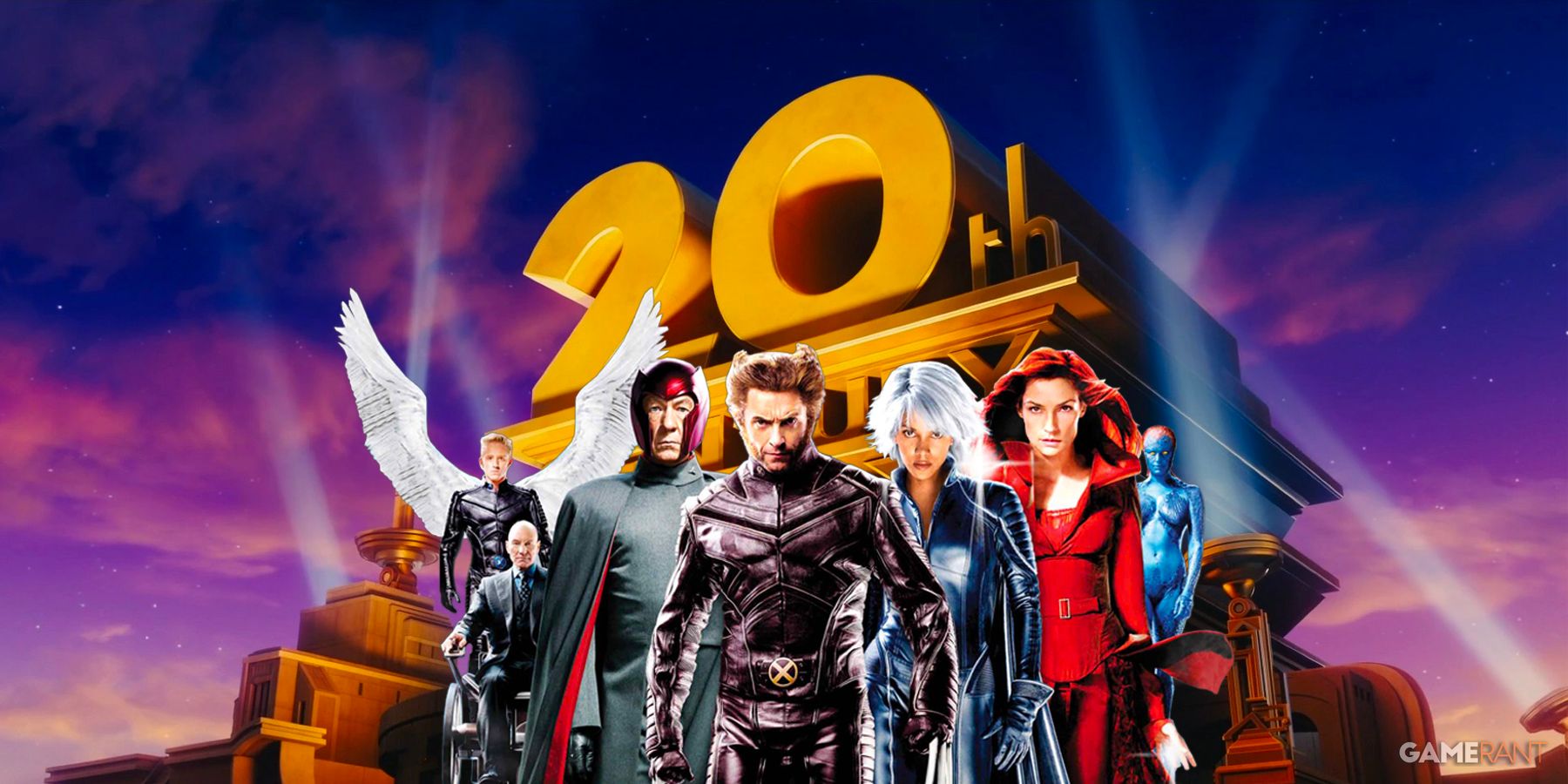
X-Men: Fox Pulled A Dirty Trick To Convince One Actor To Return
One X-Men star was allegedly tricked into returning for another installment in the franchise, prompting a director to walk away from the movie.
The X-Men’s History Fighting Inequality and Discrimination
Marvel has used X-Men’s mutant status as a powerful metaphor for discrimination to fight against inequality. Mutants often live as outcasts or in fear of being outed; and those who do live openly as themselves are unfortunately not immune to being shamed, bullied, or worse. This reflects the reality of many LGBTQ+ people and is Marvel’s best opportunity to inspire and empower the queer community in a similar way Black Panther has for people of color.
In X-Men #14, a journalist submits a report about the gay hero Iceman only to be met with an insensitive tone-deaf response by the editor dismissing the truth, the value and validation, of the hero’s sexuality as relevant or necessary to disclose. Iceman, however, has a different perspective. After saving the people from a solar flare, Iceman speaks with a reporter about how this battle reflects his struggle, “As a mutant. As a gay man.”
“Lately, I’ve been wearing my ice because I’m proud of who I am, and I’m doing it for all the mutants who can’t look like humans and don’t want to… Maybe I can save some young mutants and humans some time and some grief.”
In solidarity with those mutants who cannot mask their identities, Iceman also remains in his ice form because he longs to be seen and respected as who he is. His live-action onscreen character from the original 2000 X-Men may still be waiting for that same moment.
How The MCU X-Men Can Fix Disney’s Representation Problem
Queer storytelling is about more than coming out or romances, both of which should be normalized. Queer characters shouldn’t be relegated to minor or supporting roles. The potential MCU X-Men shouldn’t be like its previous entries. Focusing on gifted young adult, LGBTQ+ X-Men trying to fit into a world where they are not welcomed while making them question their morals and abilities to save the lives of their oppressors could be the beginning of a meaningful LGBTQ+ superhero journey. If there’s any X-Men capable and deserving of leading this team, it’s someone other than Iceman.
Other popular characters who have been well adapted onscreen, such as Wolverine and Jean Grey, need not be main characters or featured onscreen at all. Marvel Studios could start fresh, possibly in a universe apart from the Avengers, and give one of X-Men’s most underserved queer heroes an opportunity to shine. Kitty Pryde isn’t an Omega-level mutant like Iceman, so she may not be considered qualified on a power-level basis. She’s never been an Avenger or a mainstream favorite; and that’s why she should lead the next MCU X-Men. Plus, she's led the X-Men, among other teams, several times in the comics.
Why Kitty Pryde Should Lead The MCU X-Men
Besides her ironically pertinent last name and bisexuality, Kitty Pryde is a mutant who can phase through objects. Her mutant powers may not stop a solar flare but in the comics she’s also a skilled martial artist, tech genius, and swordsman. Combined with her intangibility, Kitty can be a formidable opponent. While living between two worlds, capable of blending in while feeling like she has to choose between human life and mutant life, Kitty’s mutant powers are a metaphor of her identity. She’s not like Iceman who chooses to wear his ice. Kitty’s the person who constantly questions, “Who am I?” That’s a question many queer people struggle to answer, even after being open about their sexuality, in search of their most true and authentic self. Kitty as an X-Men leader who fights against bigotry yet struggles with her own identity as an X-Men is a story that may better illustrate Iceman’s hopes in the X-Men's MCU reboot.
“Don’t wait to be who you are and don’t be ashamed of that.”
Iceman’s above plea should be the running theme in an MCU X-Men. Their stories aren’t simply about fighting against supervillains who seek destruction and domination for the sake of those things. No, their stories are also often about fighting the evils within the heart that prevent people from living peacefully with each other and respecting each other’s right to live their way of life. Though it could change any games based on such a film, X-Men stories are different from most MCU and cinematic superhero stories in that respect, and that’s okay. For Disney and Marvel Studios, embracing LGBTQ+ led X-Men stories with meaningful representation onscreen is indeed different; but different can be good too.
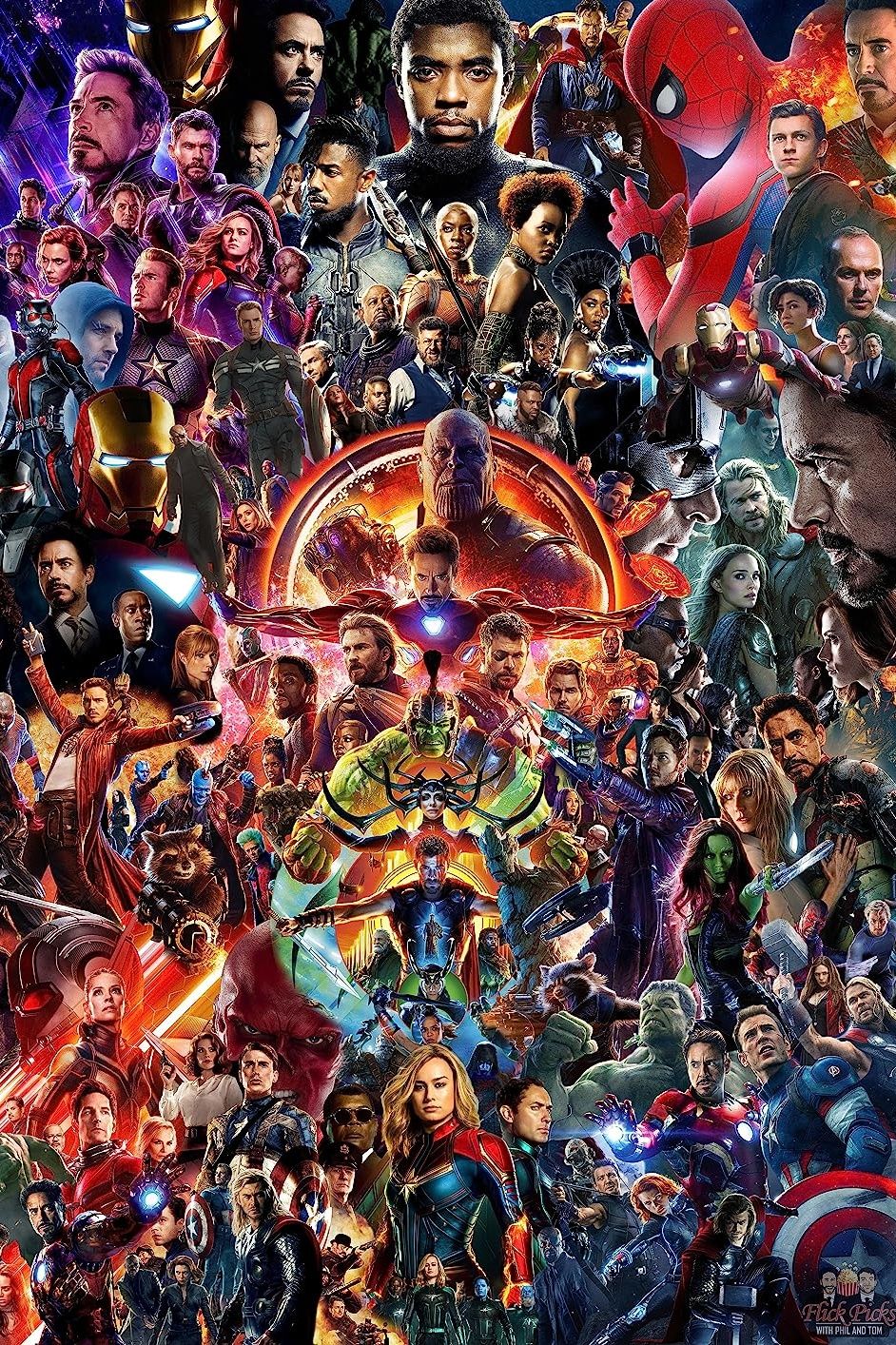
MCU
The Marvel Cinematic Universe (MCU) is a sprawling movie and television franchise that weaves together individual stories of superheroes including Captain America, Thor, Spider-Man, Hulk, Black Widow, and many more. The first film in the franchise, Iron Man, was released in 2008. The MCU has garnered critical praise and financial success, earning billions at the box office and becoming a cultural phenomenon.
- First Film
- Iron Man
- TV Show(s)
- WandaVision , The Falcon and the Winter Soldier , Loki , Ms. Marvel , She-Hulk

